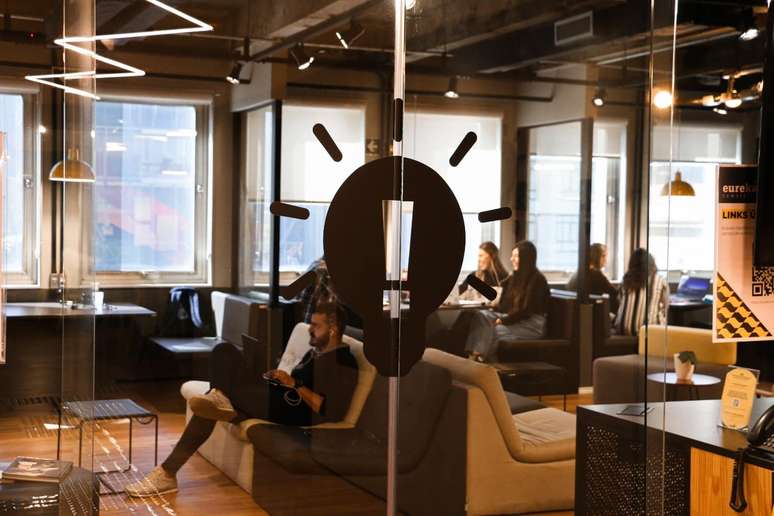Flexible working environments are on the rise and dictate the rules of the new professional market
Summary
The study shows that working time flexibility is a decisive factor in choosing a new job, promoting the growth of coworking spaces.
According to the global study Workforce 2024According to the survey conducted by consultancy Korn Ferry, having flexible working hours is one of the main factors for accepting a new job, leading the preferences of professionals with 38%. This search for autonomy and flexibility has driven the reinvention of traditional working models, including coworking spaces.
For Daniel Moral, CEO and co-founder of Eureka Coworking, a global network for the sector, “shared workspaces are increasingly adapting to this reality, offering flexible options and plans to meet the needs of modern professionals”.
This adaptation is reflected in significant growth numbers in the industry. A survey by research group Fortune Business Insights, for example, reveals that the global flexible office market reached $35 billion in 2023 and is expected to reach more than $96 billion by 2030.
The pandemic has accelerated the adoption of models such as home office and coworking, consolidating them as alternatives to traditional office work. While working from home offers convenience and flexibility, a lack of structure and social isolation can impact productivity and well-being. Coworking spaces, previously associated with structure and networking, have reinvented themselves to also offer the flexibility professionals seek.
But what is the best professional environment after all? To help choose the ideal model, the manager highlighted some differences.
Home office: dream or nightmare?
According to IBGE, in 2023, 8.3% of Brazilians were already working from home, ushering in a new era in the world of work. This method, which allows you to establish flexible hours and organize your routine without long journeys, is gaining more and more admirers in the country.
In addition to freedom, savings on transportation, food and other costs traditionally associated with in-person work also count in favor of remote working. This way of working is ideal for those who appreciate autonomy, seek concentration in silence and prefer to work without interruptions, in an often pet-friendly environment.
However, discipline is required to prevent the home office from becoming a stage for daily distractions.
“It is essential to create a structured routine, with defined hours, an adequate work space and clear boundaries between professional and personal life. The lack of discipline, adequate infrastructure and networking opportunities can compromise not only the performance, but also the mental health of the professional”, adds the executive.
Coworking: the solution for remote working?
Coworking spaces, in turn, are emerging as an alternative that seeks to combine the benefits of remote working with the structure and social interaction of a traditional office. And this search for shared spaces has intensified: the relationship Study on the global growth of coworkingcreated by the Coworker portal together with the consultancy Coworking Resources, predicts that, in contrast to the numbers of 2020, almost 5 million people will work in coworking spaces by the end of the year, an increase of 158%.
With a comprehensive facility, including everything from meeting rooms to ergonomic spaces, this modality is ideal for those who appreciate a collaborative atmosphere, networking opportunities and seek a dynamic and flexible environment even in an office-like space. For Moral, coworking spaces are adaptable to different profiles.
“Any professional or company can join these spaces which offer quick contracts, starting immediately and suited to their reality,” says the manager.
However, even with accelerated growth, coworking spaces still face challenges such as lack of privacy. The collaborative atmosphere, while stimulating for some, can make it difficult to focus on tasks that require more attention or privacy during meetings, making it necessary to reserve private rooms.
Another factor to consider is the travel time of professionals. Flexible schedules, one of the main attractions of coworking, can be compromised if the professional faces long daily commutes.
Faced with many variables, the choice between home office and coworking is individual and depends on a series of factors, such as work style, personality, field of activity and career moment. “The important thing is to find the model that offers the ideal balance between well-being, productivity and networking,” concludes the executive.
inspires transformation in the world of work, in business, in society. Compasso, a content and connection agency, is born.
Source: Terra
Rose James is a Gossipify movie and series reviewer known for her in-depth analysis and unique perspective on the latest releases. With a background in film studies, she provides engaging and informative reviews, and keeps readers up to date with industry trends and emerging talents.







